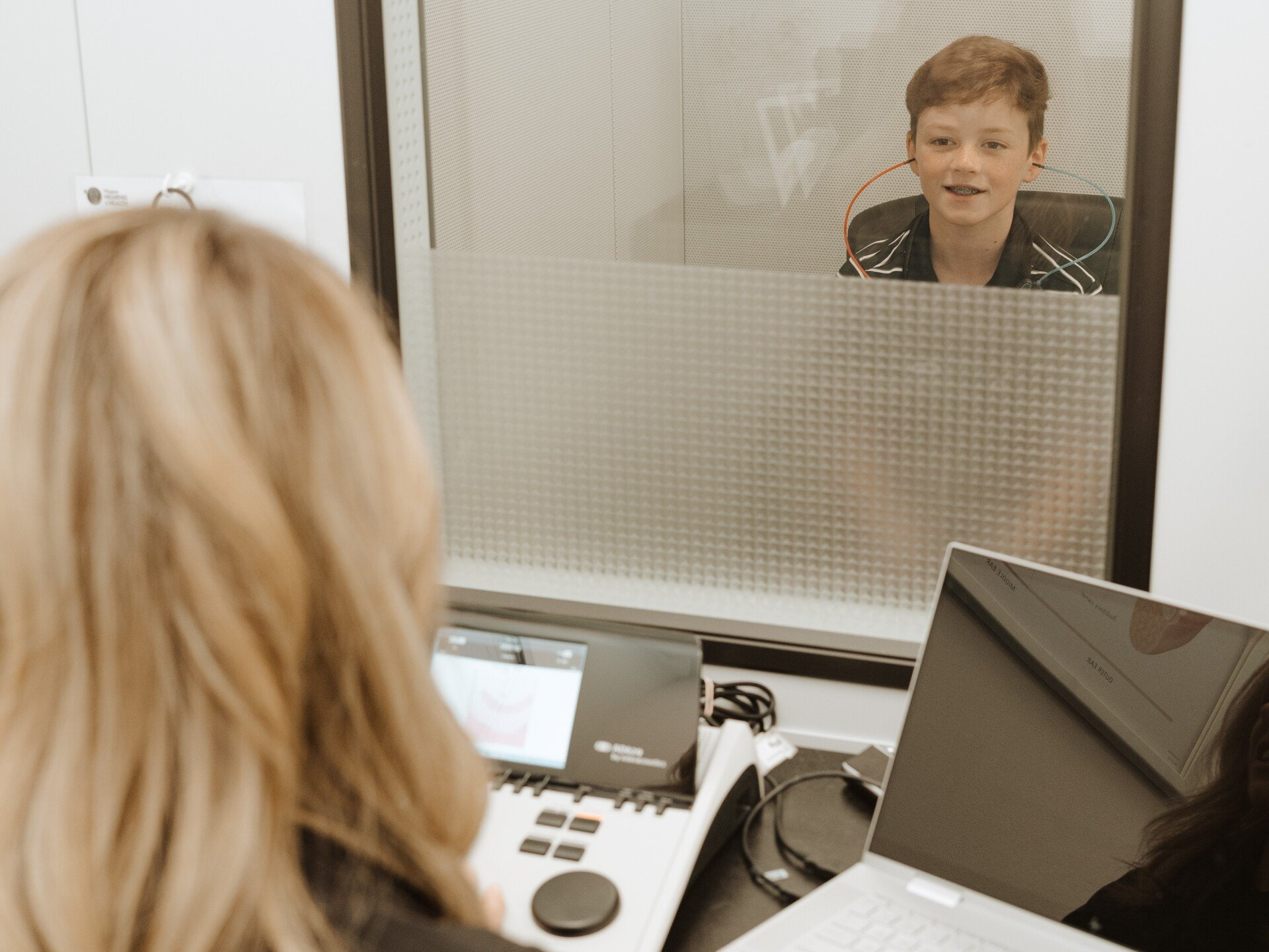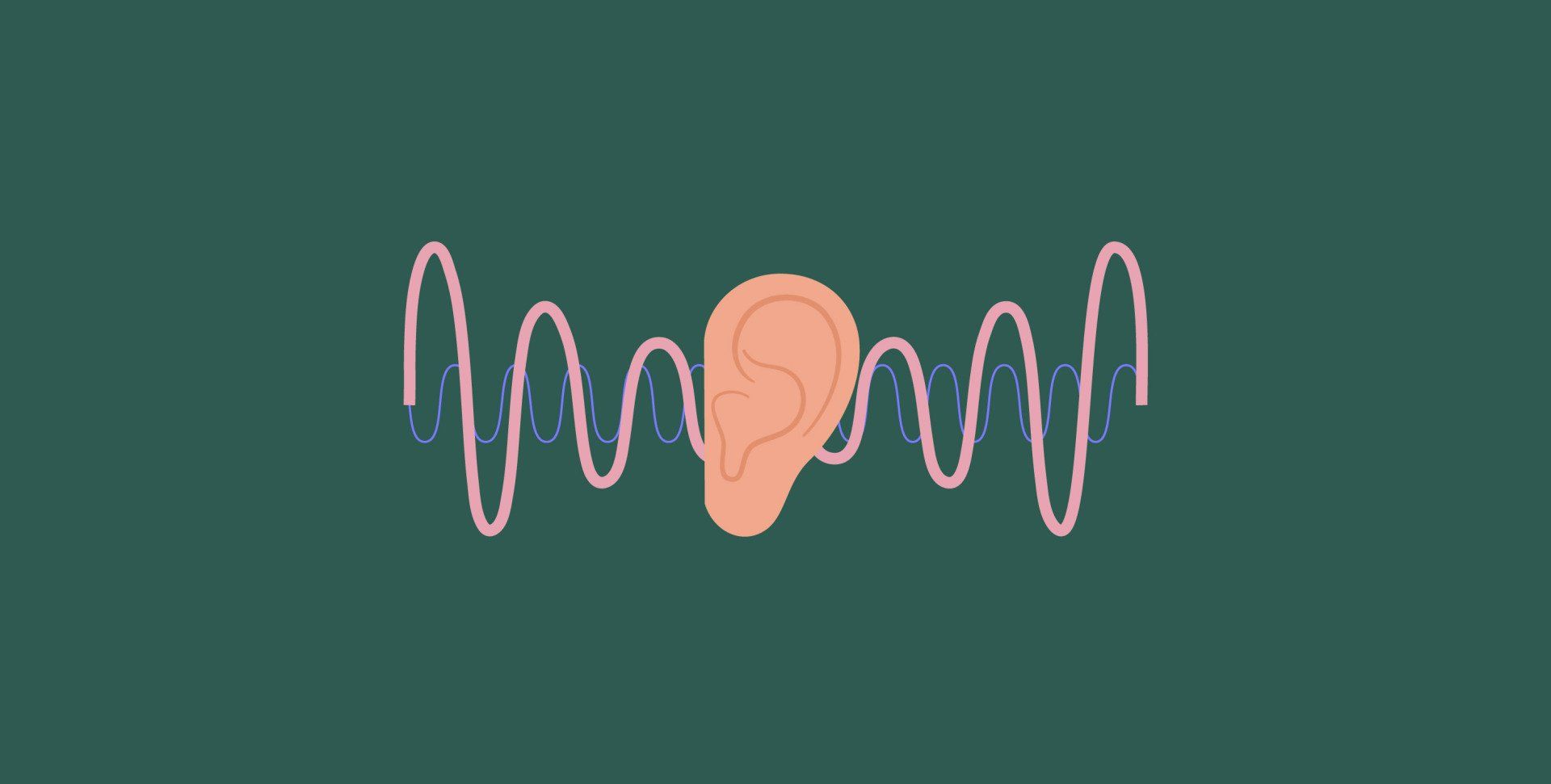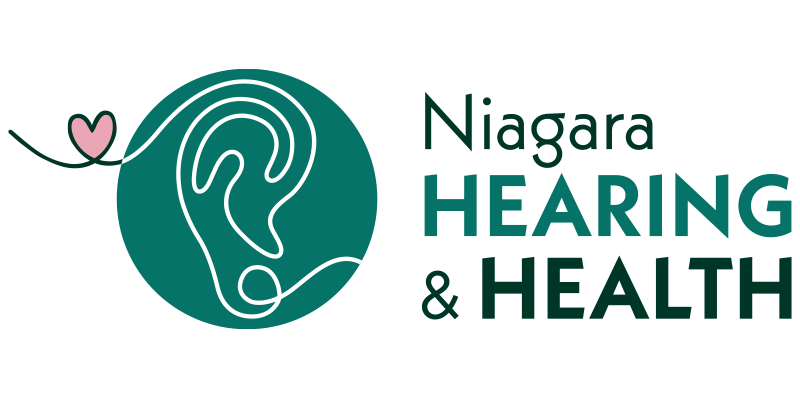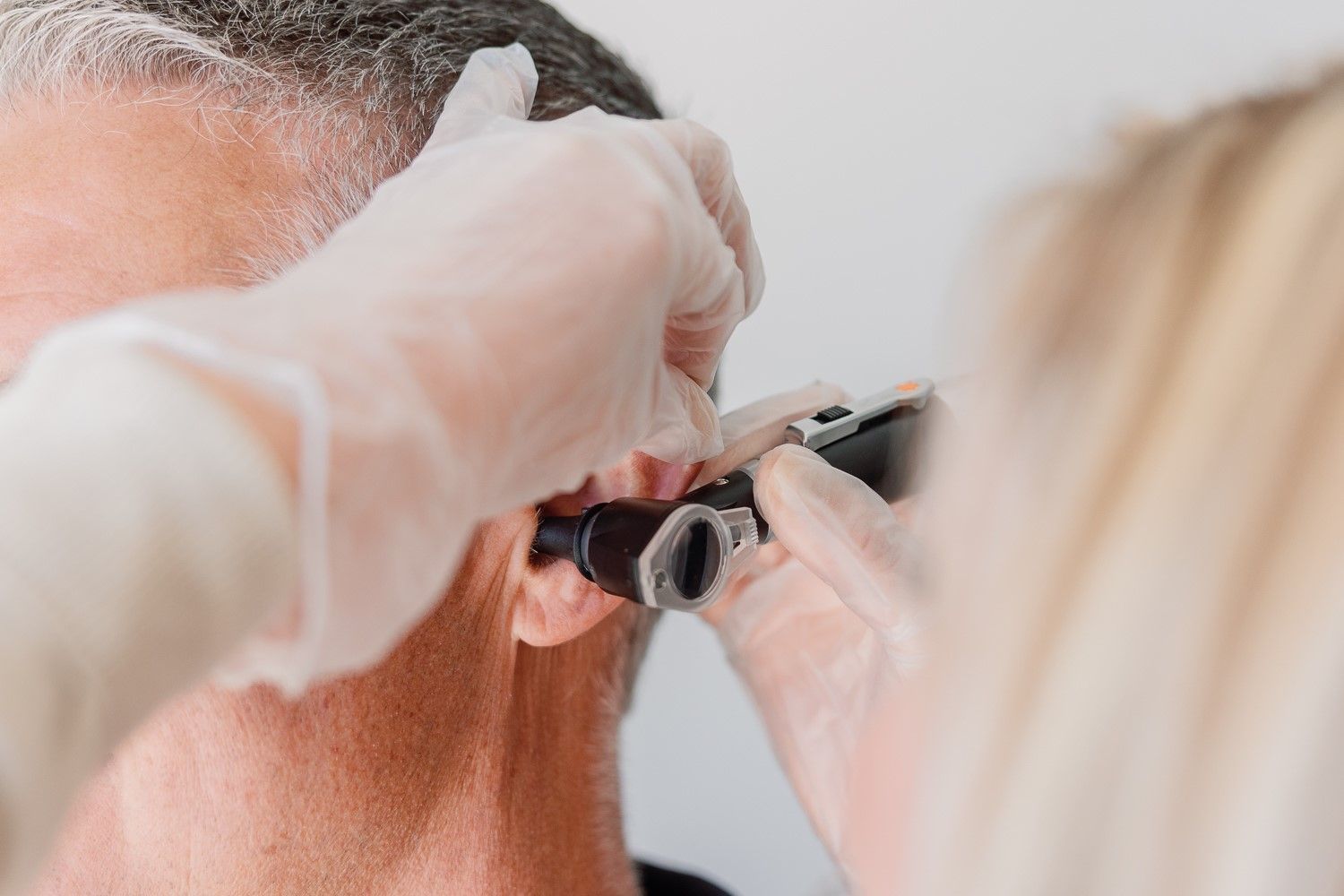Auditory Processing Disorder (APD)
Brittany Mott
Auditory Processing Disorder (APD) is a neurodevelopmental disorder of the auditory cortex, which is the region of the brain responsible for interpreting auditory information.

People diagnosed with APD typically have normal hearing, however, they have difficulty processing the information they hear. What this means is the brain receives a ‘mixed up’ message even though information was presented loud and clear. Auditory Processing Disorder affects both children and adults, though many adults will have lived through their childhood undiagnosed. These adults may have struggled silently their entire childhood. Increased awareness and education around APD now are promising for the younger generation as there are many effective treatments and strategies available to help.
Some common signs and symptoms of APD to be aware of are:
- Difficulty following conversation, especially in noisy situations
- High distractibility by even moderate sounds (i.e.: clocks ticking, chairs moving)
- Difficulty maintaining attention during class, lectures, etc.
- Difficulty following verbally presented directions (especially multi-step directions)
- Difficulty recalling and summarizing information presented verbally
- Performing below grade level in areas of reading, spelling and writing
- Delayed reaction to figurative language when presented verbally (i.e.: doesn’t ‘get jokes’)
- Talk louder or softer than necessary
Many parents may read this list of symptoms and think ‘my child must have APD’. Keep in mind, these disorders are quite rare, and can only be diagnosed by an audiologist who specializes in APD. After three school years full of uncertainty, closures, masks and virtual learning, more children than ever are exhibiting signs of inattention in the classroom. This does not mean they have APD, though some children who DO will inevitably fall through the cracks and be left untreated. It is more important than ever to have your child assessed if they are showing signs of APD.
Treatment of an auditory processing disorder depends on the needs of the child or adult diagnosed and typically involves a team of professionals for support. This team usually consists of an audiologist, speech language pathologist, teacher, parents, and a counselor. Depending on the severity of the disorder, treatment approaches will vary.
At Niagara Hearing and Health, our audiologist specializes in testing for and treating auditory processing disorders and our clinicians are here to help every step of the way. The first step to better comprehension is booking an assessment!





